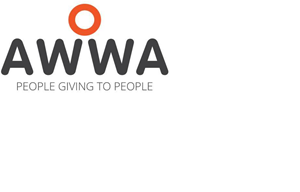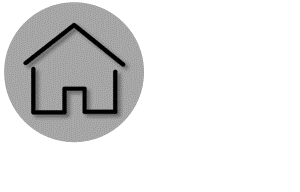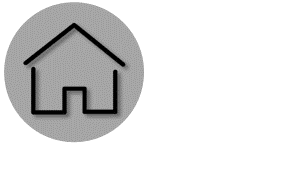The annual expenditure on healthcare, by both individuals and governments, is expected to continue increasing within the next five years. There is thus an imminent need to stretch the effectiveness of the expenditure, and explore new innovations, which can subsequently serve the needs of the rapidly ageing population, tackle the issues associated with shortage of healthcare professionals, and achieve improved clinical outcomes.
This course will explore the changing needs and trends of the healthcare industry, and how innovation can address the rising costs and inefficiencies in the healthcare systems, with a particular focus on Singapore and Asia. Students can expect to be equipped with knowledge of state-of-the-art smart healthcare technologies, as well as examine the multi-faceted impact of technology on this multi-million dollar industry, through various lenses.
Upon completion of the course, students will be able to:
- Gain broad awareness of care landscape and ecosystem in Singapore.
- Understand the importance of, and factors leading to smart healthcare.
- Conceptualise and design an end-to-end technological solution to solve a relevant healthcare problem.
- Gain good understanding of constraints and limitations of operationalising smart healthcare.

Students suggested digital ideas on how nurses can avoid administrative lapses when split team measures were enforced during the COVID-19 situation.

Students recommended a platform to assist data integration and planning of duty rosters for healthcare professionals in a hospital, whereby the application could optimise the schedule of healthcare professionals using algorithms in meaningful ways such as maximising rest hours and sending out notifications.

Students looked into the effectiveness of using digital solutions to develop personalised medication lists with illustration to improve patient's medication understanding and adherence.